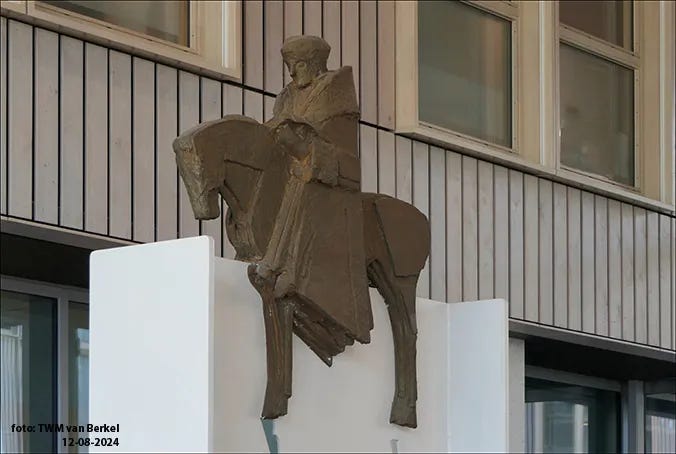Fourth Epistle to the Prince of Humanists
A Christian Humanist Manifesto in the Form of Letters
Venerable Erasmus, exemplar of Christian erudition, Greetings:
As to you have requested, I will not belabor my case any further than necessary. Notwithstanding, I must thank you once again for your smart and generous compliments. Our last couple exchanges were unanticipated but most necessary. In any case,…




